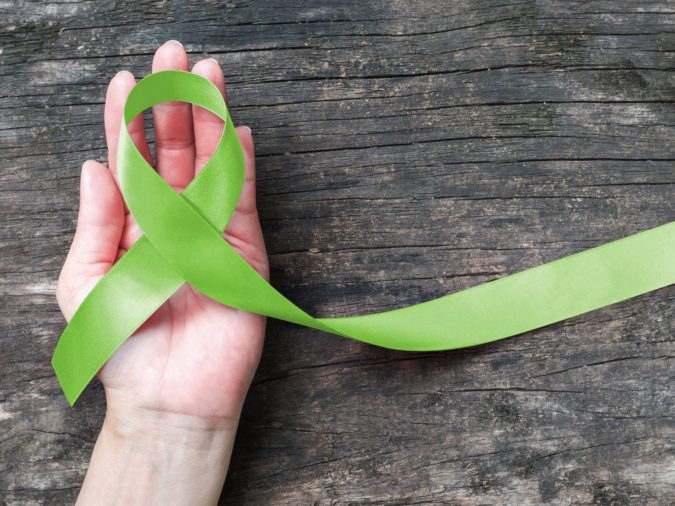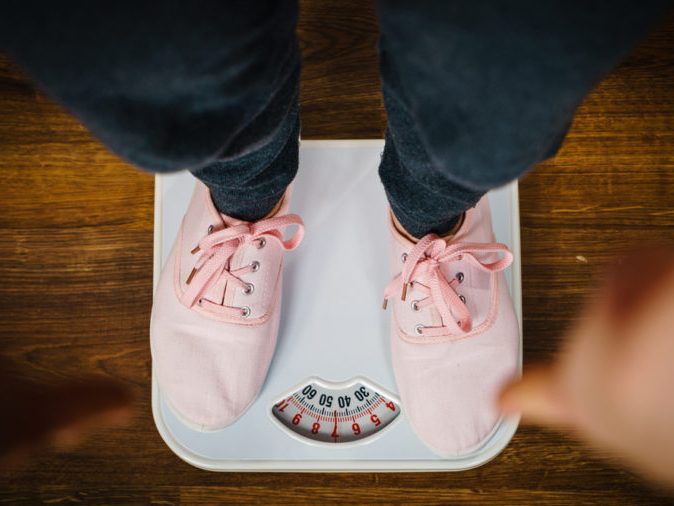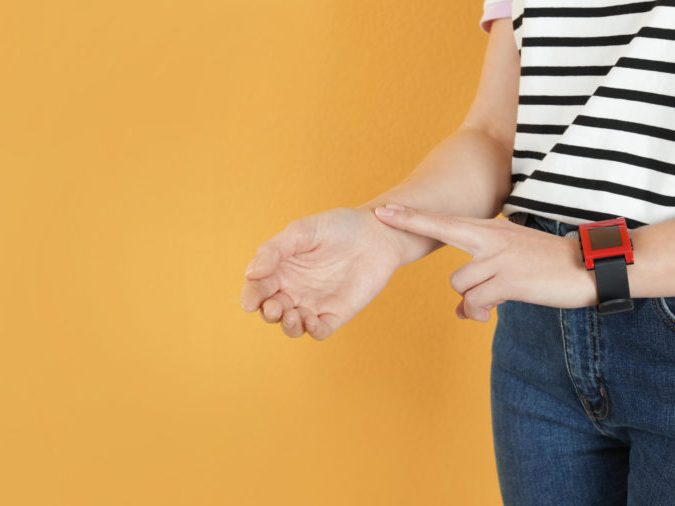
What is World Mental Health Day?
Mark your calendars: October 10, 2019, is World Mental Health Day. Every year the World Health Organization designates a day dedicated to raising awareness of mental health issues around the world and mobilizing efforts in support of mental health. This year the focus is on suicide prevention. The WHO wants everyone to know how big this problem is—every 40 seconds someone loses their life to suicide—and that there are things you can do to prevent suicide, both in loved ones and yourself. (If you or someone you know is having thoughts about self-harm you can call the National Suicide Prevention Lifeline at 1-800-273-8255 to get help.)

What is a mental health day?
In addition to the WHO’s official World Mental Health Day, it’s important for people to take regular informal mental health days for themselves, says David A. Merrill, MD, PhD, a neurologist and psychiatrist at Providence Saint John’s Health Center in Santa Monica, California. “Mental health day” is a social term with no precise medical definition but many doctors still recommend it as a way to give yourself a break and focus on taking care of your psychological health, he explains. “Mental issues should be taken just as seriously as physical ones,” he says. “Your mind and body work together and problems in one can lead to problems in the other.”

How do you take a mental health day?
This varies from person to person but it should involve mental and physical activities that focus on self-care, improving your mood, treating any mental illness, and just being kind to yourself, says Cheryl Rode, PhD, a licensed clinical psychologist in San Diego, California. “Mental health days are important for people of all ages and can even be done as a family,” she says. This could include things like using a personal-time-off (PTO) day at work and going for a hike outdoors, taking a break from social media, making your favourite meal, doing some yoga, or writing in a journal. However you choose to pamper yourself, the key is to do it regularly because the benefits of a mental health day are pretty amazing.

It can improve your concentration
You know how it’s just easier to focus when you get back from a long weekend? There’s a scientific reason for that. “To be able to focus your brain must be able to block out all external stimuli, something it can’t do when you’re stressed out or overworked,” Dr. Merrill says. Short-term stress can break your focus but over the long-term stress can have serious cognitive impacts, reducing concentration, learning, and memory, according to research published in Nature. Thankfully these changes aren’t permanent and even taking just one day to destress can improve your cognitive abilities, he explains.

You could drop a few pounds
Stress can increase your weight in two ways: First, many people eat junk food as a way to deal with stress and second, stress causes an increase in the hormone cortisol which encourages fat storage, Dr. Merrill says. From a practical standpoint, taking a mental health day can give you time to focus on what your body really needs, to make healthy meals, and to eat slowly and mindfully. From a health standpoint, a mental health day will lower your cortisol levels. All of these things can help you reach and maintain a healthy weight, he explains.

It’ll save you money
Poor mental health ranks as one of the costliest forms of sickness for US workers, draining billions of dollars from the country’s income growth, according to a study done by Penn State. Even one bad mental health day a month costs $53 billion dollars in lost productivity over a year. Taking a mental health day won’t just help your employer’s bottom line though, it can help yours too, saving you money in the long run on medical costs for chronic health problems caused by poor mental health. It can also help save some dollars immediately as meditation or a walk outdoors is a lot cheaper than bottles of antacids, sleeping aids, or junk food.

You’ll sleep better
One of the first signs of poor mental health is poor sleep, Dr. Merrill says. “Stress leads to anxiety which makes it difficult to relax which in turn makes it hard to fall asleep and get good quality sleep,” he says. “Then it becomes a vicious cycle, as a lack of sleep makes you exhausted which increases your stress, leading to more symptoms.” One way to interrupt this painful pattern is to take a mental health day. After spending a day doing gentle and enjoyable things, make sure to save time for a relaxing bedtime routine like a warm bath or a good book.

You’ll have a better relationship with your partner
Anyone who’s been in a long-term relationship knows how much one person’s mood can affect the other. So taking a mental health day is not just doing you good, but it can also help your spouse and your relationship as a whole, Dr. Rode says.

You’ll become more optimistic
Doing the same old thing every day can make you feel like you’re caught in a hamster wheel and your life isn’t under your control, Dr. Merrill says. “If you get stuck in these negative thought loops long enough, you begin to lose confidence that you’re going to be okay,” he explains. Taking a mental health day can help you break those negative thought patterns by showing you that you are in control of your own life and are capable of taking care of yourself, he says.

Your productivity may skyrocket
The best bosses understand that stressed-out workers are not great workers. In fact, workers who get regular mental breaks, including mental health days, have higher productivity, according to a study published in the Journal of Management. Unfortunately, there are a lot of managers out there who don’t get this and push their employees to keep working until the verge of burnout, says Alison Green, management expert and author of Ask a Manager. “As long as you’re not using any sick leave the rest of the year, I don’t think it’s a big deal to take a couple of mental health days, as long as you’re thoughtful about when you do it and don’t choose days that will cause problems for your employer or coworkers,” she says.

Your anxiety may go down
Stress can build up in your system over time, leading to an overarching feeling of dread or anxiety, Dr. Merrill says. “Left unchecked, this can lead to feelings of hopelessness and depression,” he says. Taking a mental health day can go a long way in interrupting the stress build-up. In fact, just one session of mindfulness meditation significantly reduced anxiety and improved cardiac health, according to a meta-analysis published in JAMA Internal Medicine. For help at the office, try these tricks from therapists for dealing with anxiety.

Chronic health issues may calm down
One of the primary ways your body manifests mental stress is through a flare-up or worsening of chronic health conditions like fibromyalgia, chronic fatigue syndrome, irritable bowel syndrome, and a wide range of autoimmune disorders, Dr. Merrill says. Taking a mental health day not only gives you some time to rest and recover, but the reduction in stress can help reduce your pain and number of flare-ups over time.

Your sex life will improve
Mental illness can take a serious toll in the bedroom, in fact, one of the first signs of depression is a lower libido, says Sarah de la Torre, MD, an OB/GYN and clinical faculty member at the University of Washington School of Medicine. “Managing stress is key to having a healthy, fulfilling sex life,” she explains. Taking a mental health day can give you and your partner a whole day to reconnect emotionally and physically. Plus, improving your mental health overall can make sex more pleasurable, she adds. For more tips, check out these interesting sex facts you probably didn’t know.

When to call a doctor
Mental health days are great but they aren’t a cure for serious mental illness—those need to be treated medically and psychologically under a doctor’s care, Dr. Merrill says. For some people, taking a mental health day every once in a while will be enough to help them reset and stave off burnout, but if you’re experiencing anxiety that hampers your ability to live your life, or thoughts of suicide or self-harm, you need to get help immediately.
Next, find out how Canadians really feel about their mental health.
